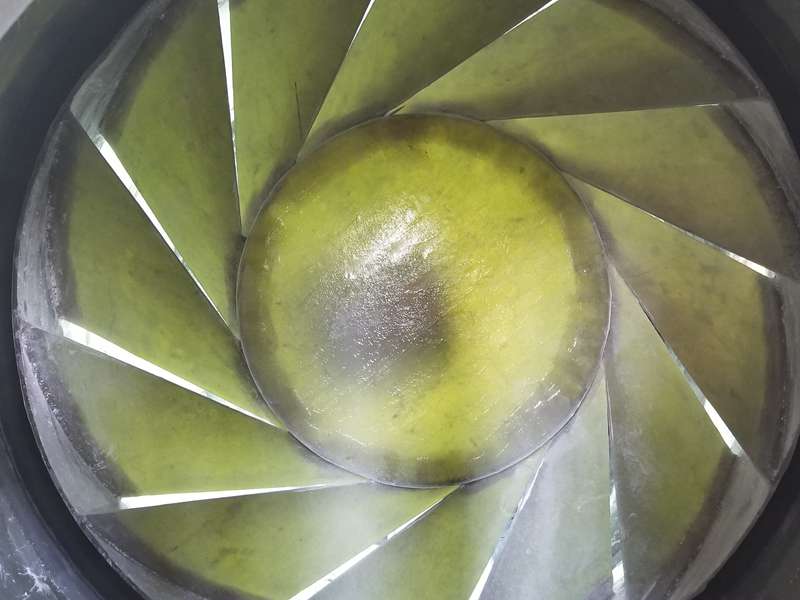
-
 Afrikaans
Afrikaans -
 Albanian
Albanian -
 Amharic
Amharic -
 Arabic
Arabic -
 Armenian
Armenian -
 Azerbaijani
Azerbaijani -
 Basque
Basque -
 Belarusian
Belarusian -
 Bengali
Bengali -
 Bosnian
Bosnian -
 Bulgarian
Bulgarian -
 Catalan
Catalan -
 Cebuano
Cebuano -
 China
China -
 China (Taiwan)
China (Taiwan) -
 Corsican
Corsican -
 Croatian
Croatian -
 Czech
Czech -
 Danish
Danish -
 Dutch
Dutch -
 English
English -
 Esperanto
Esperanto -
 Estonian
Estonian -
 Finnish
Finnish -
 French
French -
 Frisian
Frisian -
 Galician
Galician -
 Georgian
Georgian -
 German
German -
 Greek
Greek -
 Gujarati
Gujarati -
 Haitian Creole
Haitian Creole -
 hausa
hausa -
 hawaiian
hawaiian -
 Hebrew
Hebrew -
 Hindi
Hindi -
 Miao
Miao -
 Hungarian
Hungarian -
 Icelandic
Icelandic -
 igbo
igbo -
 Indonesian
Indonesian -
 irish
irish -
 Italian
Italian -
 Japanese
Japanese -
 Javanese
Javanese -
 Kannada
Kannada -
 kazakh
kazakh -
 Khmer
Khmer -
 Rwandese
Rwandese -
 Korean
Korean -
 Kurdish
Kurdish -
 Kyrgyz
Kyrgyz -
 Lao
Lao -
 Latin
Latin -
 Latvian
Latvian -
 Lithuanian
Lithuanian -
 Luxembourgish
Luxembourgish -
 Macedonian
Macedonian -
 Malgashi
Malgashi -
 Malay
Malay -
 Malayalam
Malayalam -
 Maltese
Maltese -
 Maori
Maori -
 Marathi
Marathi -
 Mongolian
Mongolian -
 Myanmar
Myanmar -
 Nepali
Nepali -
 Norwegian
Norwegian -
 Norwegian
Norwegian -
 Occitan
Occitan -
 Pashto
Pashto -
 Persian
Persian -
 Polish
Polish -
 Portuguese
Portuguese -
 Punjabi
Punjabi -
 Romanian
Romanian -
 Russian
Russian -
 Samoan
Samoan -
 Scottish Gaelic
Scottish Gaelic -
 Serbian
Serbian -
 Sesotho
Sesotho -
 Shona
Shona -
 Sindhi
Sindhi -
 Sinhala
Sinhala -
 Slovak
Slovak -
 Slovenian
Slovenian -
 Somali
Somali -
 Spanish
Spanish -
 Sundanese
Sundanese -
 Swahili
Swahili -
 Swedish
Swedish -
 Tagalog
Tagalog -
 Tajik
Tajik -
 Tamil
Tamil -
 Tatar
Tatar -
 Telugu
Telugu -
 Thai
Thai -
 Turkish
Turkish -
 Turkmen
Turkmen -
 Ukrainian
Ukrainian -
 Urdu
Urdu -
 Uighur
Uighur -
 Uzbek
Uzbek -
 Vietnamese
Vietnamese -
 Welsh
Welsh -
 Bantu
Bantu -
 Yiddish
Yiddish -
 Yoruba
Yoruba -
 Zulu
Zulu
Innovative Solutions for Storing Liquids in Fibreglass Tanks for Enhanced Durability and Safety
Understanding Fibreglass Storage Tanks Benefits and Applications
Fibreglass storage tanks have increasingly become a popular choice across various industries due to their remarkable properties and versatility. These tanks, made from a composite material consisting of glass fibers and resin, offer several advantages over traditional storage options such as metal or concrete tanks. In this article, we will explore the benefits, applications, and considerations associated with fibreglass storage tanks.
Advantages of Fibreglass Storage Tanks
1. Corrosion Resistance One of the primary benefits of fibreglass is its exceptional resistance to corrosion. Unlike metal tanks that can deteriorate over time due to rust or chemical reactions, fibreglass tanks remain intact when exposed to a variety of harsh chemicals and environmental conditions. This makes them an ideal choice for industries such as chemical processing, wastewater treatment, and oil and gas.
2. Lightweight Fibreglass tanks are significantly lighter than their metal or concrete counterparts. This lightweight nature facilitates easier installation and transportation, reducing labor costs and time spent on setup. The lightweight aspect also permits the use of fibreglass tanks in locations where heavy installations may not be feasible.
3. Durability and Longevity The durability of fibreglass storage tanks makes them a long-term investment. These tanks are designed to withstand extreme temperatures and pressures, leading to a prolonged lifespan. Properly maintained fibreglass tanks can last for decades, often outliving traditional storage options.
4. Cost-Effectiveness While the initial cost of fibreglass tanks may be higher than that of some conventional materials, their long-term savings are notable. Lower maintenance costs, reduced risk of contamination (leading to savings on cleanup), and their longevity contribute to overall economic advantages.
5. Customizability Fibreglass offers a high degree of design flexibility. Tanks can be manufactured in various shapes and sizes to meet specific storage requirements. Customization options also include different resin formulations to better suit specific contents, whether it's water, chemicals, or petroleum products.
Applications of Fibreglass Storage Tanks
Fibreglass storage tanks have found widespread applications in various sectors
fibreglass storage tanks

1. Water Storage Many municipalities and private entities utilize fibreglass tanks for drinking water storage, rainwater collection, or as part of irrigation systems. Their non-corrosive nature ensures the integrity of the stored water.
2. Chemical Storage Industries that handle corrosive substances, such as chemicals and fertilizers, often prefer fibreglass tanks. Their ability to resist a broad range of chemicals makes them suitable for safe storage and processing.
3. Oil and Gas Industry Fibreglass tanks are utilized for storing petroleum products, including crude oil and refined fuels. Their durability ensures safe containment and reduced risk of leaks.
4. Wastewater Treatment In municipal and industrial wastewater treatment processes, fibreglass tanks are used for various treatment stages including sedimentation, aeration, and storage. Their resistance to corrosive environments makes them a reliable choice.
Considerations When Choosing Fibreglass Tanks
While fibreglass storage tanks offer numerous advantages, there are several factors to consider before installation
1. Regulatory Compliance Depending on the industry and location, there may be regulations governing the types of materials that can be used for storage tanks. It’s crucial to ensure that fibreglass tanks meet all necessary compliance requirements.
2. Installation Proper installation is key to the performance of fibreglass tanks. It’s recommended to work with experienced professionals who understand the specific requirements for durability and safety.
3. Maintenance Although fibreglass tanks require less maintenance than many alternatives, routine inspections are still essential. Checking for any signs of wear or damage can prevent larger issues in the future.
In conclusion, fibreglass storage tanks present a robust and versatile solution for various storage needs across multiple industries. Their unique properties make them a preferred choice in environments where durability and resistance to corrosion are paramount. By understanding their benefits and applications, businesses can make informed decisions on their investment in storage solutions that ensure safety and efficiency.









